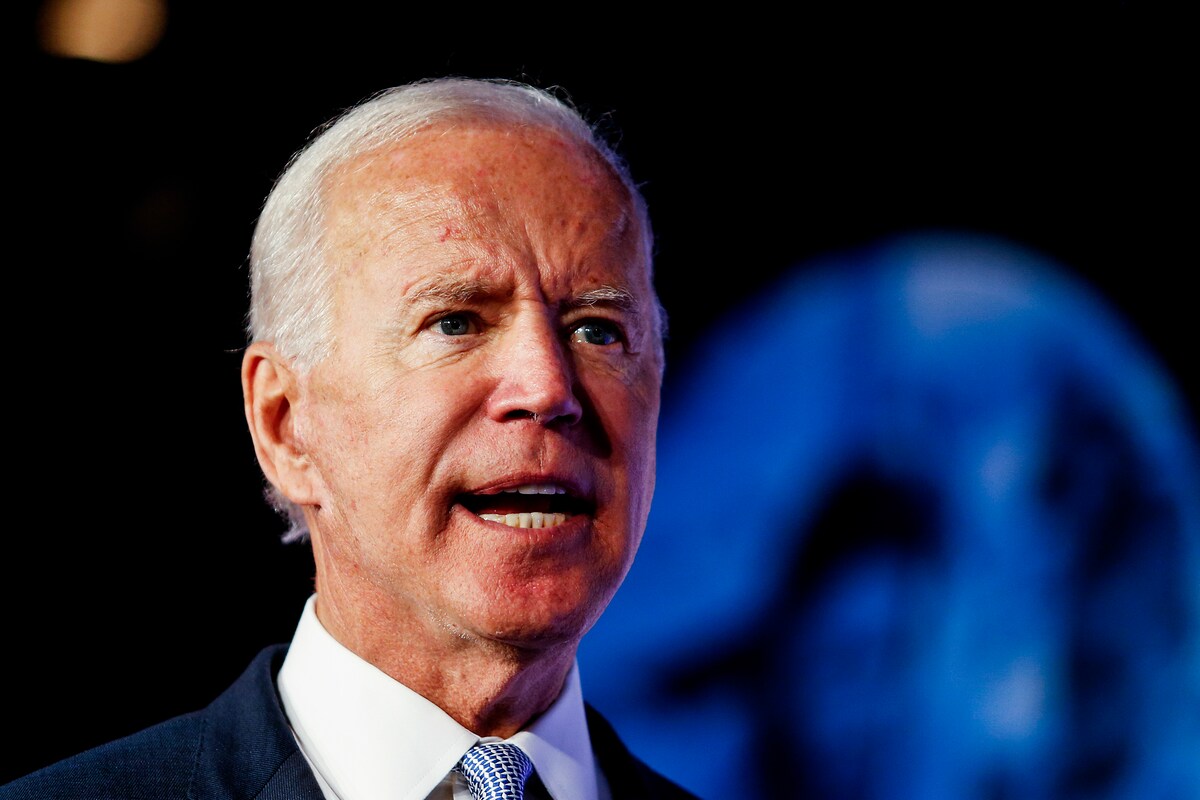JOHANNESBURG – Economists and other analysts on Sunday applauded the broad objectives set out in the ANC’s election manifesto, released at the weekend, but questioned the ability of the proposed developmental state to achieve them.
With unemployment running at more than 23 per cent, the ANC has made ‘the creation of decent work opportunities and sustainable livelihoods the primary focus’ of its economic policies. The manifesto says the ANC will ‘ensure that state-led industrial policy leads to the transformation of the economy’, promising ‘adequate resources to strengthen the state-led industrial policy programme’.
Iraj Abedian, the chief economist at Pan African Investment and Research Services, said: ‘A developmental state requires massive and complex projects, and the manifesto completely underestimates the huge challenges of finding and retaining people with the skills to manage them.
‘It will need a very competent and skilled state infrastructure – people with extensive and complex skills to meet a range of specialised demands, ranging from agricultural to nuclear development projects,’ he said. He questioned whether plans to introduce a national health insurance system over the next five years would be affordable.
Steven Friedman, the director for the Centre for the Study of Democracy, also questioned the state’s capacity to implement the policies proposed in the manifesto, given the record of failure to deliver in the past.
He pointed out, as an example, that the government had still not succeeded in eliminating the bucket toilet system.
Unemployment is South Africa’s most serious economic problem. The government’s accelerated and shared growth initiative, launched in 2006, aims to cut the ratio to less than 15 per cent by 2014.
The manifesto strikes a note of realism about the impact on the local economy of economic problems around the globe, saying: ‘We can expect economic growth to slow, resulting in job losses.’
But it advocates moves described as ‘short-termist’ by Rudolf Gouws, Rand Merchant Bank’s chief economist.
The manifesto says: ‘Fiscal and monetary policy mandates, including management of interest rates and exchange rates, need to actively promote the creation of decent employment, economic growth, broad-based industrialisation, reduced income inequality and other developmental imperatives.’
In other words, the ANC will use low interest rates and a weak exchange rate to prime demand in the economy, in the expectation that increased demand will create jobs.
‘That would be a short-term palliative,’ said Gouws. ‘It cannot create sustainable jobs.
‘The only way the Reserve Bank can contribute to job creation is by creating price stability, which, in turn, creates certainty and encourages investment in the economy.’
He pointed out that ‘multiple goals’ were difficult to achieve. He said he would be very concerned at changes to the broad thrust of monetary and fiscal policy because, in the long term, they would have adverse consequences.
Among other things proposed in the manifesto, the ANC will use procurement policies to persuade companies to create ‘decent jobs’.
Abedian said this goal could be difficult to monitor.
Gouws warned of the danger of making the economy ‘business unfriendly’ because, in the end, this would counter job creation.
-Business Report
Stay informed with The Namibian – your source for credible journalism. Get in-depth reporting and opinions for
only N$85 a month. Invest in journalism, invest in democracy –
Subscribe Now!










